To quote famous Scottish poet, Robert Burns, “O would some power the gift to give us to see ourselves as others see us.”
Mr. Burns was not a marketing guru, but he could have been.
His words expertly reflect the marketing management philosophy and its golden rule, “Know Thy Customer.” And years later, there is still no better way to know your customers than by talking to them and understanding their unique experiences, perspectives and views on your business. Not surprisingly, it has been reported that organizations that are most attuned to their customer’s thinking, perceptions and preferences tend to perform best in the marketplace and achieve better financial results.
How do your customers see you? And how do they see your competition? What do they see that you don’t that could directly impact your messaging strategy and your service offerings? Do your messages consistently resonate with and motivate your customer base, or do they sometimes miss the mark?
Today, focus group research is a valuable tool for “seeing ourselves as others see us” and using that information to create more effective messaging, branding and more.
Focus Group Basics
Focus groups are a qualitative form of primary research that have proven effective in identifying key issues on specific topics and providing input that can be critical to the formation and implementation of strategies. Sometimes focus groups are used as a first step to set the stage for a more rigorous quantitative survey process. Other times, they can be used as the final step of survey research process to add substance and a personal perspective to survey statistics.
As noted in “Basics of Conducting Focus Groups,” focus groups are a powerful means to evaluate current strategies and to design or test new ones. In terms of format, focus groups are round table discussions or interviews with a group of 6-10 people at the same time in a group setting.
While the concept seems simple enough, there is actually a science to organizing and conducting successful focus groups as well as a set of skills that are essential for delivering valid, actionable results. When these focus group best practices are not adhered to, the result can be what research pros refer to as “garbage in, garbage out” – meaning poor planning and implementation yields poor results.
Trusting Your Gut vs. Trusting Your Customers
Malissa Illiano, MBA, Senior Consultant & Director of Market Research for SageAge Strategies advises that customer information and responsiveness are fundamental keys to marketing success and growth.
“While there may still be times when ‘trusting your gut’ might be appropriate, strategic thinking senior living providers today are using the power of customer knowledge to plan facilities, design services and develop marketing messages that resonate effectively with their target audiences. In essence, they are creating customer-centered strategies that are, in many ways, ‘customer-built.’
“In my own experience in doing research with senior living leaders, I’ve seen many instances where the information that came out of customers’ mouths was very different than what was expected and significantly changed the organization’s strategic approach.
“Understandably, senior living insiders tend to view their organizations differently than those on the outside who may have a different set of experiences, attitudes, preferences and frames of reference. And in today’s competitive environment where mistakes can be very costly in both dollars and reputation, it makes good business sense to talk to the same people you are trying to attract.
“If your goal is to boost census or increase sales, customer feedback and guidance can be priceless.”
Knowledge is Power: Using Focus Groups to Create Meaningful Messages
Your own residents and their families are two excellent and easily accessible sources of valuable knowledge and insight. Residents live the senior living experience daily and their adult children and other family members are often very deeply involved in “shopping” for communities and helping to make the final decision. Both groups have a keen understanding of what factors are appealing and motivating and what factors are not.
Well-designed and executed focus groups frequently yield information that senior living community leaders would never have expected – information that can make your services more appealing and your messages more relevant and resonant. For messaging strategy, focus groups enable a fine level of detail that can identify which words and images work and which do not.
The HubSpot article, “5 Focus Group Questions to Feed Your Content Marketing” HubSpot reinforces their value and touches on some of the ways forward-thinking business are using focus groups to optimize their messaging content. From a senior living perspective, focus groups offer an ideal forum for gleaning customer input on:
- Your programs, services, facilities and future plans
- Current senior living and senior care trends
- Specific words, phrases and imagery that resonate favorably with customers and which they find credible and compelling
- Their ideal senior living experience, i.e., what would it look like and how would they describe it?
- Your chief competitors – how do they compare in terms of their appeal and the messages they use
Mini Case Study: Focus Groups at Work for Senior Living Communities
Says Malissa, “In my role of helping communities with their market research needs, I have seen many instances of how focus groups have played a pivotal role in strategy development – particularly in the areas of branding, communications and new service development. The following are just two recent examples”:
Branding Focus Group – SageAge was working with a faith-based CCRC provider in Florida on a complete rebranding. We had worked with the community team and Board members to develop three strong rebrand options, which included a new name, logo and positioning tagline. We utilized multiple focus groups with residents, wait-list members and prospects to provide input on the options.
Curiously enough, all the focus groups came out with very similar feedback. With that input, the organization decided on one of the brand names, the logo imagery from one of the other names that was presented and an evolved tagline that truly spoke to the target market for the community.
New Product Development Focus Group – Another example of focus groups at work involved a not-for-profit CCRC in Pennsylvania that embarked on adding an active adult offering to their campus. After ensuring the demand in the market through a feasibility study, SageAge worked with the client to conduct focus groups with community wait-list members and prospects.
During these focus groups, participants were presented with master plans, floor plans and details on the proposed offering to provide their feedback. In the end, the client was able to take the valuable insights they received and tweak the plans appropriately, allowing them to create an extremely appealing product with messaging that resulted in the offering being pre-sold before construction was completed.
Why an Independent, Objective Focus Group Moderator Is Key
As explained in “Ten Reasons You Should Hire a Professional Moderator to Conduct Focus Groups” there are many valid reasons for using an independent, trained professional for your focus group planning, implementation and reporting process. Key among these is the accuracy and validity of the information you are trying to obtain that is so important to your messaging strategy.
One of the primary reasons for using an outside, independent moderator involves the issue of response bias. Typically, when an insider such as a Community Relations Director attempts to conduct a focus group, participants are often reticent and reluctant to share openly and honestly. They often withhold saying anything that might be construed as negative or controversial for fear of hurting someone’s feelings or out of concern for repercussions.
In contrast, experience has shown that your residents or their family members will be much more comfortable, open and candid with someone from the outside who is not employed by your community. This approach facilitates free-flowing discussion, idea generation and “gems of wisdom” that can be put to use by your communications team to create more meaningful and resonant messaging to prospective customers.
SageAge Strategies: Leaders in Growth-Focused Research Services for Senior Living
At SageAge, our professional marketing research team excels in best-practice research specialties such as focus group sessions, mystery shopping, survey research, market feasibility and demand analysis studies, competitive analysis and sales assessment
Their meticulous preparation, implementation, analysis and reporting has helped many of our senior living partners to better understand their customers and their markets to sharpen their strategies and grow their operations.
If you need assistance in any areas of market research, we invite you to contact us today to learn more.
SageAge Strategies is a multiple award-winning, strategic growth and marketing organization that operates exclusively in the senior living industry. For more information, please call or email Adrienne Mansfield Straub at 833-240-0655 ext. 100 / [email protected].
Contact Us Today!


